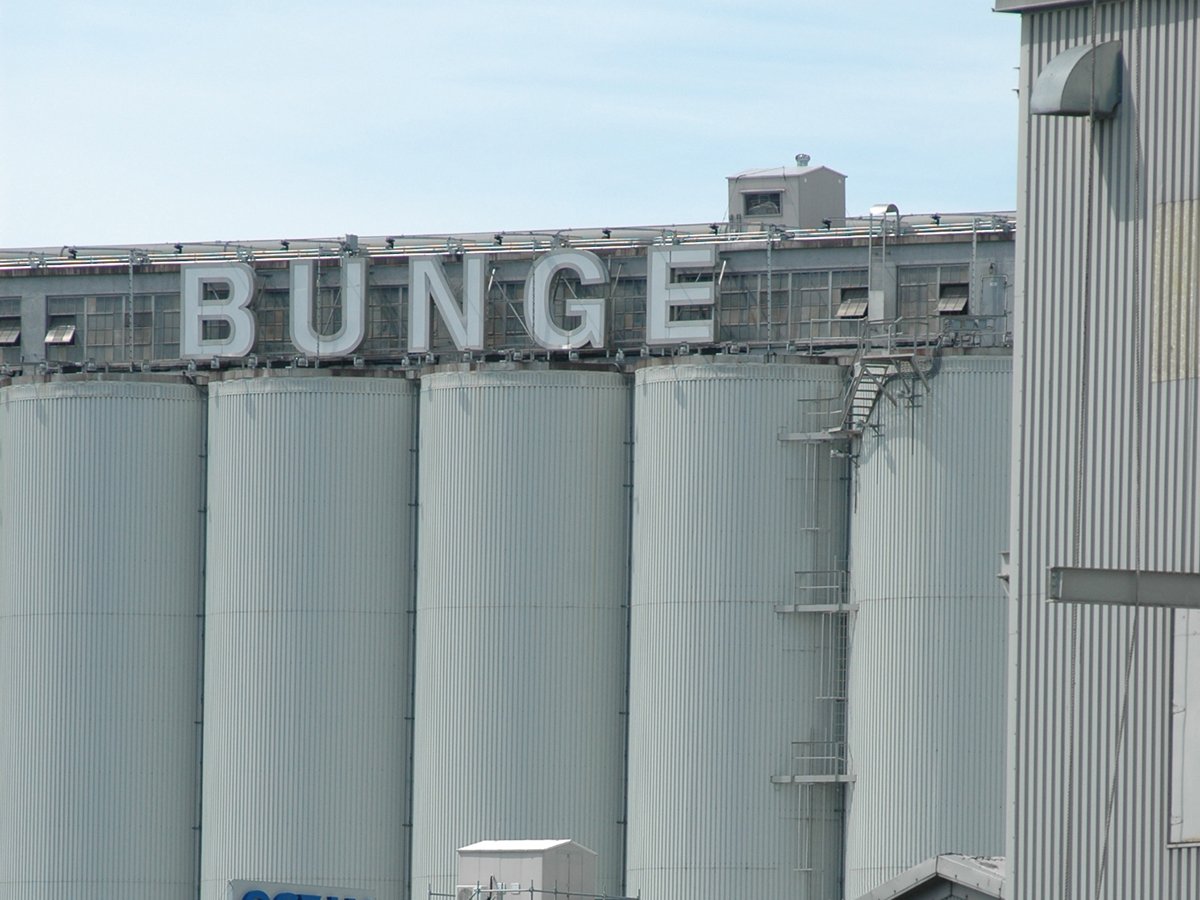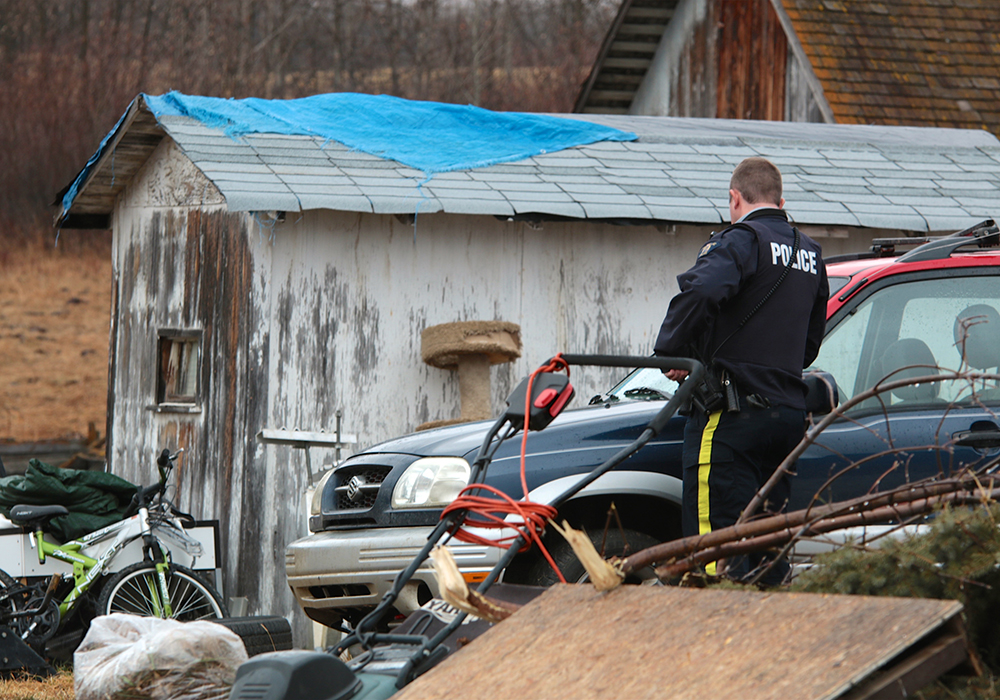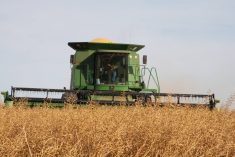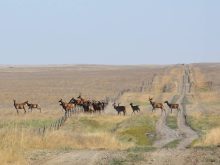The Alberta government plans on adding 500 more RCMP positions in the province, though it will be requiring small communities to shoulder the majority of the new costs.
The province announced Dec. 4 that it’s implementing a new police funding model that will see communities and the federal government inject an additional $286 million over five years for law enforcement. New positions will include additional RCMP officers and civilian positions.
“We want to ensure we fund law enforcement in an equitable and sustainable way that will ensure we have more police in our communities,” provincial Justice Minister Doug Schweitzer said in a news release.
Read Also

Bunge’s crop mix is changing
Bunge has predominantly been a soybean processing firm, but that’s about to change after the merger with Viterra with softseed processing and grain merchandising gaining ground.
He said this will be the largest investment in rural policing since March West in 1874, when the North-West Mounted Police made its initial journey to the Prairies.
The new policing model will require small and rural communities, with some exceptions, to start contributing a portion of costs to pay for front-line policing.
They will be required to pay 10 percent of costs in 2020, followed by 15 percent in 2021, 20 percent in 2022 and 30 percent in 2023.
The government said costs will be determined by the municipal tax base, which is measured by equalized assessment and population.
Communities will be eligible for subsidies that could help cover some of the costs.
Some rural municipalities have previously said that some communities might have to raise taxes to pay for the new policing costs.
Others have said they would be OK with paying more as long as they can guarantee that all costs go directly into front-line policing.
Many communities are dealing with a surge in rural crime and have been pressuring the government to step up efforts. One way to do that is by hiring more officers and get to the root of the problem so criminals don’t re-offend.
Al Kemmere, president of the Rural Municipalities of Alberta, said his organization appreciates the province’s willingness to consult on the issue.
He welcomed that costs will be phased in, rather than be implemented all at once, but said the requirement of some municipalities paying more will be a significant challenge given the lagging economy.
“RMA continues to be concerned about the use of equalized assessment in the calculations of amounts paid, however, a reduction in the weighting of equalized assessment based on consultation,” Kemmere said in the news release.
The NDP opposition slammed the model, describing it as a tax grab.
“The UCP (United Conservative Party) is not putting a single dollar into this investment,” justice critic Kathleen Ganley said in a news release.
“Instead, they’re downloading $200 million to the municipalities of this province, municipalities who are already looking at cuts.”
The model means communities with fewer than 5,000 people will be required to start sharing some of the costs for policing. Communities with more than 5,000 people contributed about $374.8 million in the 2019-20 fiscal year.
The government said this means communities with fewer than 5,000 people will now pay $200.6 million over five years. The province will maintain its contribution of $262.4 million and the federal government will increase its spending by about $86 million.
The additional funding from communities will be funnelled through the province.
The government will be setting up an Alberta Police Advisory Board, which will give municipal leaders a seat at the table to ensure local needs are being heard and implemented.
Kemmere said the RMA is looking forward to participating in those discussions.
“We want to inform how additional funding will be reinvested to improve service standards to the rural and remote municipalities and how municipalities can have increased local input into monitoring the service deliverables as compared to cost increases,” he said.
Alberta RCMP deputy commissioner Curtis Zablocki said the force is ready to deliver on the new commitment.
“The funding model announced will allow the Alberta RCMP to put additional resources where they are needed most immediately,” he said.
“(It will be) on the frontline in your detachments, protecting your backyards and your farmyards, pushing back crime in a sophisticated and focused manner.”
















